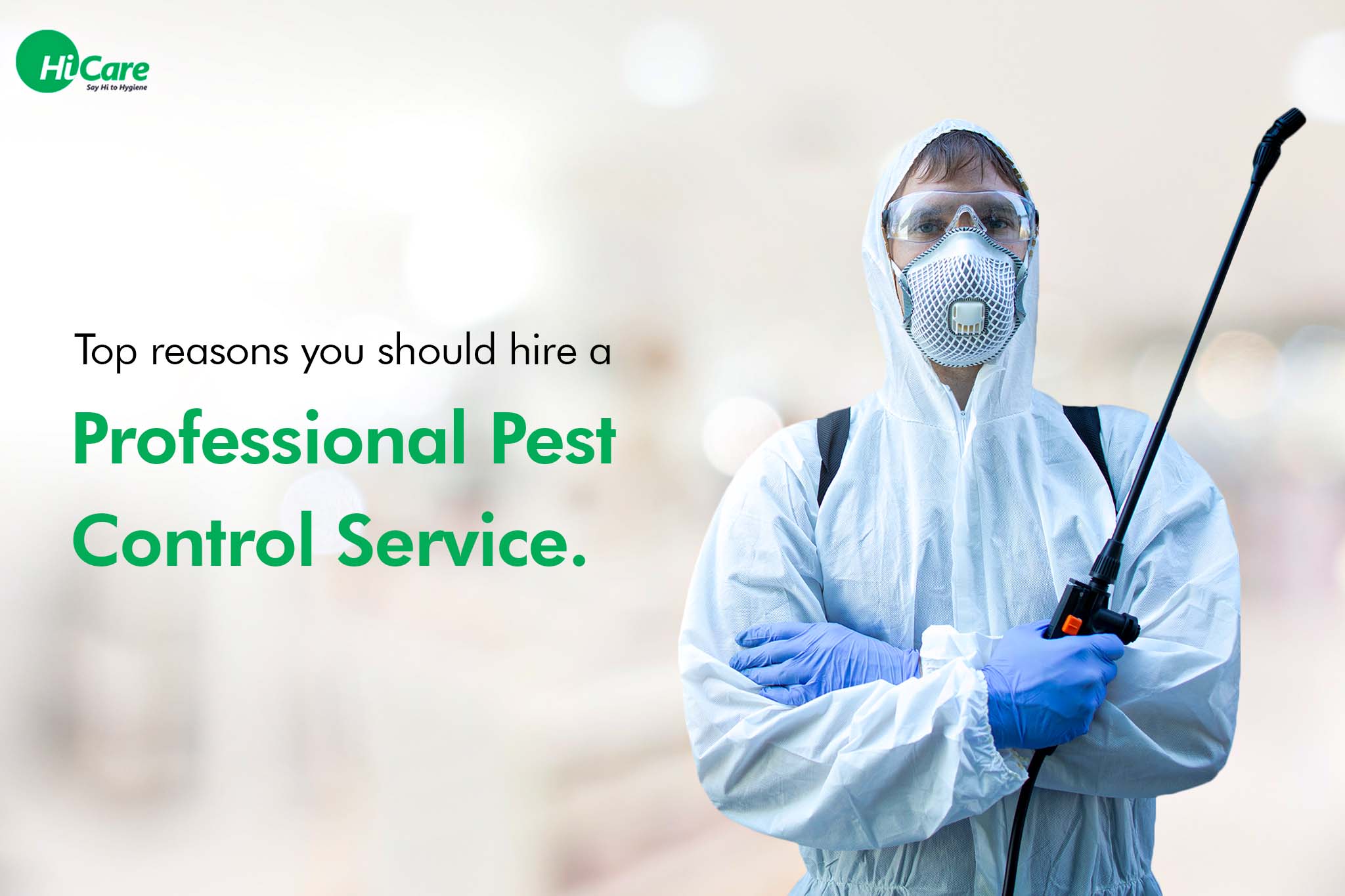Pest Control Clovis: Remove Pests At Last
Pest Control Clovis: Remove Pests At Last
Blog Article
Understanding the Numerous Techniques to Pest Control: A Comprehensive Overview

All-natural Parasite Control Methods
Using environment-friendly methods such as buddy planting and biological pest control is crucial for successfully handling parasites in farming setups. Buddy growing involves expanding different crops in proximity to discourage parasites, enhance nutrient uptake, and enhance overall plant health.
Organic pest control entails introducing all-natural predators or pathogens to regulate pest populaces. Ladybugs, as an example, eat aphids, regulating their numbers without the need for chemical pesticides. Another instance is using Bacillus thuringiensis (Bt), a germs that targets certain insect bugs while being harmless to people, animals, and valuable insects.
These environmentally friendly techniques not just reduce the dependence on artificial pesticides yet additionally assist protect biodiversity and soil health. By integrating all-natural insect control techniques right into agricultural techniques, farmers can achieve sustainable bug management while reducing negative influence on the atmosphere.

Chemical Insect Control Solutions
In enhancement to natural bug control approaches, the use of chemical pest control remedies plays a considerable role in efficiently handling pest populaces in farming atmospheres. Chemical parasite control remedies are created to target certain parasites that may cause extensive damages to plants. These services commonly contain synthetic chemicals that are made to get rid of insects quickly and successfully.
One of the key benefits of chemical parasite control services is their effectiveness in controlling insect problems on a big range. Farmers can use these remedies utilizing various methods such as spraying, airing out, or seed therapy to shield their crops from harmful insects, weeds, and conditions. In addition, chemical insect control remedies are relatively easy to apply and can provide quick outcomes, aiding farmers guard their returns and minimize financial losses.
Nonetheless, it is essential to use chemical pest control services judiciously to minimize potential negative influences on the environment, non-target organisms, and human health and wellness. Proper application methods, adherence to safety and security standards, and routine tracking are critical to guarantee the accountable usage of chemical insect control solutions in agricultural techniques.
Organic Bug Control Approaches
Organic bug control comes close to take advantage of natural killers or pathogens to manage insect populaces in farming setups properly. This approach provides a lasting and environment-friendly solution to pest management, lowering the reliance on synthetic chemicals and decreasing damage to the atmosphere. One usual biological control strategy is the intro of natural opponents, such as ladybugs or parasitical wasps, to target certain bugs. These killers feed upon the bugs, helping to regulate their populations normally - pest control clovis.
One more organic control approach involves utilizing pathogens like fungis, viruses, or microorganisms to infect and eliminate bugs. Overall, organic insect control techniques use a sustainable and targeted service to great post to read pest management in agriculture.
Integrated Pest Management (IPM)
Integrated Insect Management (IPM) is a thorough method that combines different parasite control strategies to effectively take care of and minimize pest populations in farming systems. IPM focuses on long-term prevention of pests through a combination of biological, social, physical, and chemical control approaches. By integrating these different methods, IPM aims to minimize dependence on chemical pesticides, reduce environmental effect, and promote lasting pest monitoring techniques.
One key facet of IPM is the use of organic controls such as natural killers, bloodsuckers, and pathogens to regulate bug populations. This method utilizes the power of nature to maintain a balance between pests and their all-natural opponents without creating injury to the environment.
In addition, IPM involves social methods like crop hygiene, habitat, and turning adjustment to develop negative conditions for pests and disrupt their life cycles. Physical controls such as traps, barriers, and mulches are also utilized to stop insect invasions.
Mechanical and Physical Bug Control Techniques
Utilizing non-chemical approaches, go to my blog such as mechanical and physical pest control methods, is a vital facet of extensive insect monitoring approaches, building on the structure of Integrated Insect Management's alternative technique. Mechanical bug control includes the usage of physical barriers or traps to protect against insects from accessing and damaging crops or structures. This technique can consist of techniques like setting up displays on windows, using row covers in farming, or utilizing sticky traps to capture pests.
Physical parasite control methods, on the various other hand, concentrate on straight getting rid of insects via physical ways. Utilizing warmth treatments to remove bed insects or vacuuming up parasites like ants or crawlers can be efficient ways to manage invasions without the usage of chemicals. By integrating these physical and mechanical insect control strategies into an Integrated Parasite Monitoring plan, professionals and people can lower reliance on pesticides while still effectively taking care of pest populaces and minimizing damage.
Conclusion

In addition to natural bug control approaches, the utilization of chemical pest control services plays a considerable role in properly managing pest populaces in farming atmospheres.One of the essential benefits of chemical parasite control solutions is their efficiency in regulating insect infestations on a large range.Integrated Bug Administration (IPM) is an extensive strategy that combines numerous parasite control techniques to properly manage and decrease pest populaces in agricultural systems.Using non-chemical approaches, such as physical and mechanical pest control techniques, try this is a vital aspect of extensive bug monitoring strategies, building upon the structure of Integrated Pest Management's holistic method. By incorporating these physical and mechanical parasite control techniques right into an Integrated Pest Monitoring plan, individuals and experts can reduce dependence on pesticides while still properly taking care of pest populations and minimizing damages.
Report this page